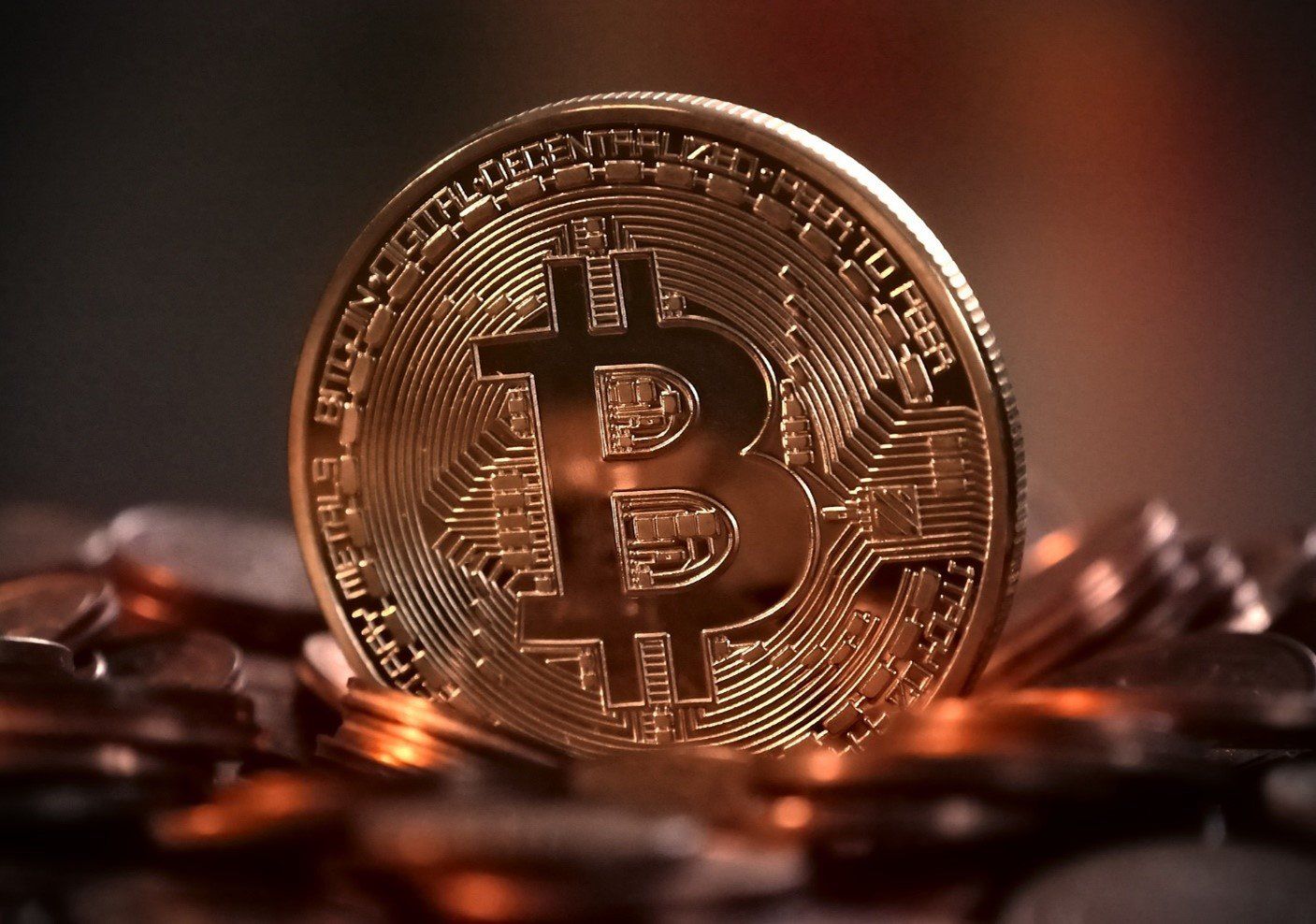- The criminal pretended to be from Amazon’s fraud department
- The victim withdrew $130K and transferred it to the accused’s Bitcoin address
- He also transferred 28 Bitcoin, 55 Ethereum, 25,572 Ripple, 77 USDT
Ramavat Shaishav, an Indian man based in Ahmedabad, is accused of perpetrating a massive cryptocurrency scam, where he stole more than $930,000 from a US citizen, Business Today reported. The Central Bureau of Investigation (CBI) of India seized cryptocurrency worth over $930,000 from the perpetrator.
Hacked Amazon account
Shaishav introduced himself as “James Carlson” from Amazon’s fraud department and got in touch with the victim by email. He told him his Amazon account had been hacked and the eCommerce platform had to transfer his cryptocurrency to a secure wallet.
Apparently, the victim transferred 28 Bitcoin, 55 Ethereum, 25,572 Ripple and 77 USDT to the “secure wallet,” which actually belonged to Shaishav. The assets disappeared soon, the CBI said.
IP address traced, home searched
The perpetrator was found by tracing his IP address. The CBI searched his home and seized the stolen assets. A CBI spokesperson was quoted as saying:
It was also alleged that the accused induced the victim to withdraw cash from his bank accounts and deposit the same in Bitcoin in the RockitCoin ATM Wallet, and also shared a QR code falsely informing him (the victim) that the same was opened by the US Treasury for him.
Allegedly, the perpetrator emailed the victim a letter supposedly from the US Federal Trade Commission to gain his trust. Officials further stated that the victim withdrew $130,000 from his bank accounts on different dates between August 30 and September 9 last year and transferred the funds to the accused’s Bitcoin address. The accused misappropriated the funds.
Accomplices identified
Apart from the Bitcoin, Ethereum, Ripple, USDT, etc. confiscated, police also seized incriminating materials implicating accomplices. They identified two of these people, who also live in Ahmedabad. The CBI searched their homes as well, and confiscated laptops and mobile phones containing incriminating evidence, as well as other digital devices.












